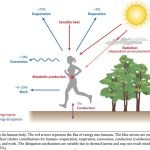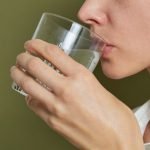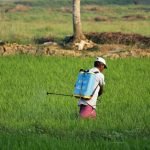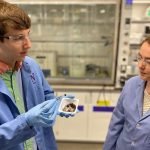Why 40°C is bearable in a desert but lethal in the tropics
This year, even before the northern hemisphere hot season began, temperature records were being shattered.
Spain for instance saw temperatures in April (38.8°C) that would...
How burning iron can provide a sustainable energy future
Researchers from McGill University in Canada and Eindhoven University of Technology in The Netherlands have made an exciting discovery about a unique type of...
Long-term air pollution exposure linked with severe COVID-19
A study by the Barcelona Institute for Global Health (ISGlobal) found that long-term exposure to air pollution can increase the severity of COVID-19 outcomes,...
Self-testing for “forever chemicals”: A new study shows promise
The Problem with PFAS
Per- and polyfluoroalkyl substances, or PFAS for short, are everywhere. They're in many everyday products, from non-stick pans to stain-resistant carpets.
The...
Feeling safe in your neighbourhood may help you lose weight
The Study
A study from the Netherlands suggests that feeling safe in your neighborhood could help you lose weight.
This research, presented at the European Congress...
Unveiling the link: Pesticides and Parkinson’s disease
New Research Findings
Scientists from UCLA Health and Harvard have recently uncovered a troubling connection between certain pesticides and Parkinson's disease.
They have identified 10 specific...
How getting out into nature can help people with drug and alcohol problems
Health professionals may suggest people spend more time out in nature to help with their physical fitness by doing activities in woods, parks or...
This metal-filtering sponge removes lead from water
Engineers have developed a new sponge that can remove metals — including toxic heavy metals like lead and critical metals like cobalt — from...
Unmasking the impact of air pollution on stroke recovery
Air pollution, the pervasive yet often overlooked menace, has been observed to negatively impact the prognosis of ischemic stroke, a condition caused by reduced...
Cost to plug and abandon US Gulf of Mexico wells estimated at $30 billion
The United States has thousands of unplugged oil and gas wells, both onshore and offshore, that present potential environmental and financial risks to the...










